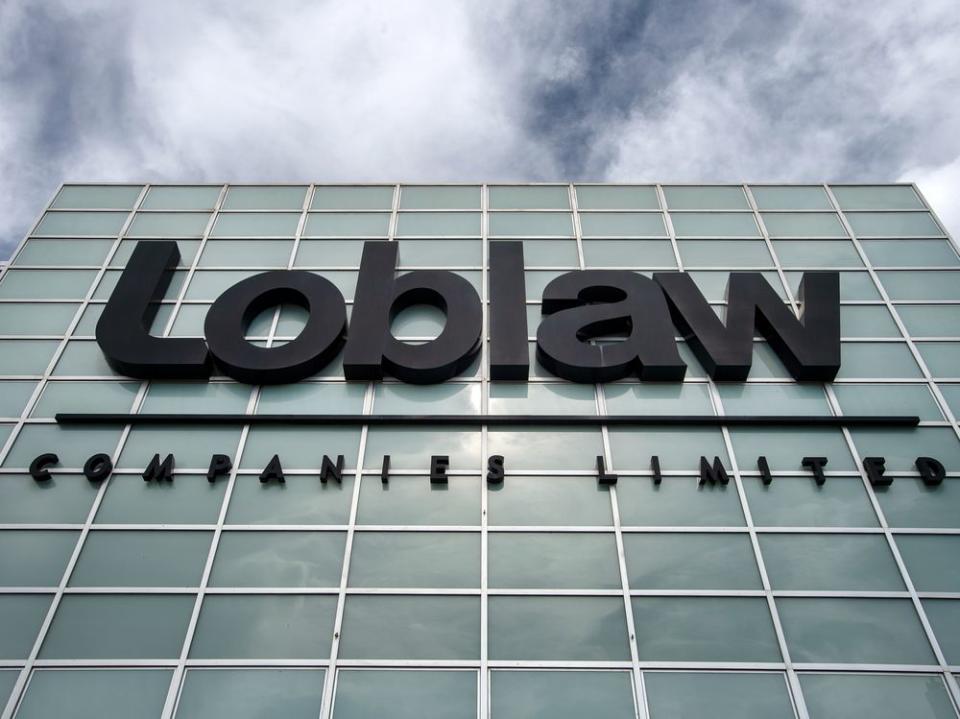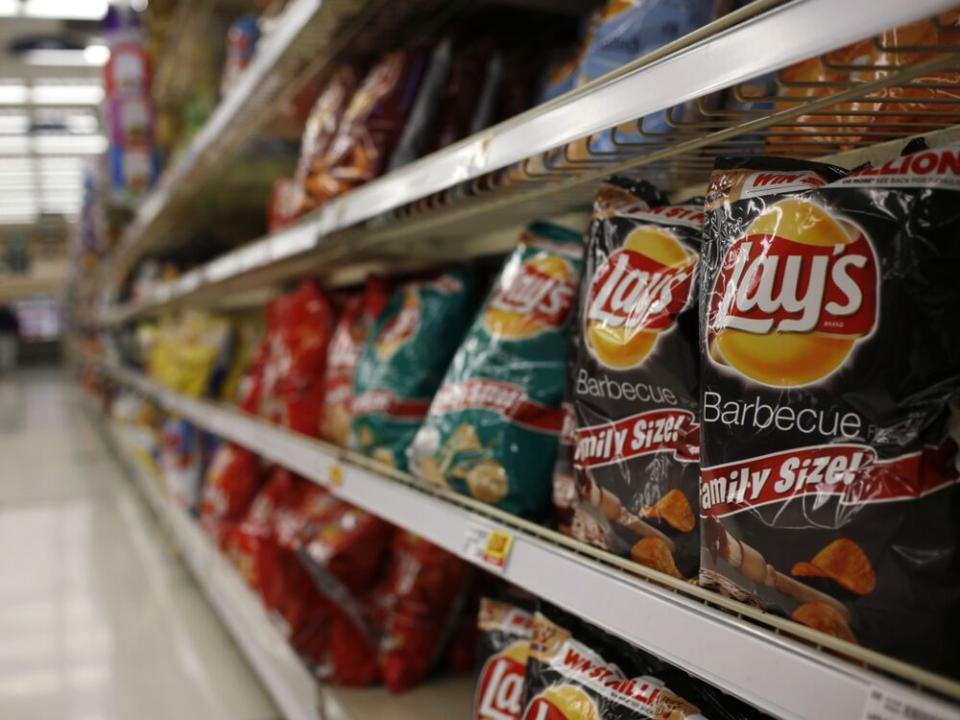Loblaw says it's saved Canadians $500 million this year by preventing bogus price hikes

Canada’s largest retailer, Loblaw Cos. Ltd., believes it has saved Canadian consumers “about half a billion dollars” in extra food costs this year by pushing back against price increases demanded by food manufacturers, according to an executive’s testimony at a parliamentary committee studying whether corporate greed is driving food inflation.
The top Canadian grocery chains have been under intense scrutiny this year for growing their profits and rewarding their shareholders at a time when grocery bills are rising at the fastest rate in four decades. Amid the blowback this fall, the House of Commons agriculture committee opted to investigate, vowing to summon grocery executives and other experts to explain why costs are going up while “while large chains are making profits.”
At the inquiry’s first public hearing on Dec. 5, executives from Loblaw and Empire Co. Ltd., which oversees the second biggest grocery chain, strongly denied taking advantage of inflation, as their companies have done consistently all year.
“I can assure you this is completely untrue in Empire’s case,” said Pierre St-Laurent, the company’s chief operating officer.
Earlier this year, St-Laurent’s boss, Michael Medline, called the suggestion that grocers were profiteering “reckless” and “incendiary.” That spirt of defiance among the grocers was in evidence again at the committee meeting. In one of the most notable exchanges during the two-hour session on Parliament Hill, a top Loblaw executive shifted blame for the spike in food prices to the companies that make it.
Jodat Hussain, Loblaw’s senior vice-president of retail finance, said his company — controlled by the Weston clan, one of Canada’s wealthiest families — has been sheltering Canadian consumers from large food manufacturers that swarmed retailers this year, all looking to charge more at the wholesale level to recoup higher fuel and ingredient costs. But not all those requests for cost increases were justified, he said.
“We’ve pushed back about half a billion dollars of added costs this year,” Hussain said via video link.
He brought up Loblaw’s fight with PepsiCo Inc. this spring, when the global food giant pulled its line of Frito-Lay and Quaker products from Loblaw shelves in a pricing dispute.

“When we couldn’t agree to a fair cost increase on potato chips, our supplier stopped shipping products to us and our millions of customers,” Hussain said. “For weeks, most of our chip aisle was empty, interrupting our business and impacting our customers. But that shows we take our job seriously, doing what’s necessary to keep prices fair.”
Still, Loblaw has come under fire for fattening its profit margins this year — a sign that it could be increasing its prices higher than what is necessary to pass along cost increases from suppliers.
Some experts say gross margin is the best way to determine if a grocer’s price hikes are outpacing suppler cost increases, since it measures the profits leftover after subtracting only the cost of goods. In its latest financial update, on Nov. 18, Loblaw reported its gross margin improved 10 basis points, or 0.1 per cent, in the third quarter compared to last year. On top of that, an analysis in August by a Queen’s University auditing and accounting professor found that Loblaw improved gross margin by about 130 basis points in the last year, compared to five-year averages.
Loblaw, however, has insisted that its gross margin is getting wider because people returned to work and school and social events after two years of pandemic restrictions, which meant they were buying health and beauty products again. Those products have higher margins, which would explain the overall gross margin growth. Loblaw doesn’t provide gross margins for specific segments of the business in its public financial reports.
Committee members pressed Hussain to provide those breakdowns. Hussain said the company doesn’t disclose “quantitative” information publicly on gross margins on the food side of the business versus the health and beauty side. The company only provides qualitative glimpses of those metrics, he said, and has been clear that gross margins in the food segment have been “flat” since inflation started ramping up.
That might not be the end of it for Loblaw, however.
Food industry leaders close to finalizing grocery code of conduct, internal documents reveal
Canada’s lettuce problem: What a $15 bag of romaine says about our food system
The very Canadian problem at the heart of our supply chain woes
Alistair MacGregor, the New Democratic Party member of parliament who pushed the agriculture committee to start the inflation inquiry, made it clear that he was disappointed Loblaw’s chairman and president, Galen Weston, didn’t show up.
“I specifically requested for Mr. Galen Weston to appear,” MacGregor told Hussain in one of the more awkward back-and-forths at the hearing. “Is there any reason why Mr. Weston’s not here after receiving an invitation from a committee of the House of Commons?”
“In our company, I’m the best suited to speak to matters at hand,” Hussain replied.
As it turned out, the committee never actually invited Weston, a clerk confirmed later. The invitations were sent to the companies, and didn’t name specific CEOs, as MacGregor had requested. At the end of the hearing, MacGregor asked the committee to resend invitations, this time specifically naming Weston, as well as Empire chief executive Medline and Metro Inc. chief executive Eric La Flèche, who runs the country’s other big grocery chain.
• Email: jedmiston@postmedia.com | Twitter: jakeedmiston

 Yahoo Finance
Yahoo Finance 